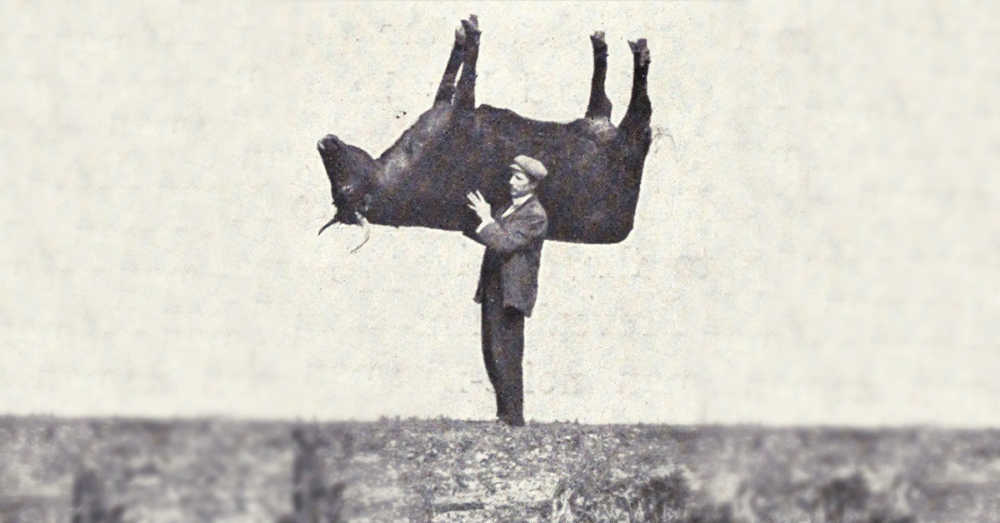We run our website the way we wished the whole internet worked: we provide high quality original content with no ads. We are funded solely by your direct support. Please consider supporting this project.
Podcast: What is Heresy?
Greg defines ‘Heresy’ and looks at why it is often viewed as a ‘mean-y’ word.

Send Questions To:
Dan: @thatdankent
Email: askgregboyd@gmail.com
Twitter: @reKnewOrg
Greg’s new book: Inspired Imperfection
Dan’s new book: Confident Humility
Subscribe:
Category: ReKnew Podcast
Tags: Heresy, Theology
Related Reading

Changing Your Mind
Mark Moore is a man who has changed his mind about a lot of things which is somewhat extraordinary these days. Change can be costly and painful and this was certainly true for Mark. He previously pastored Providence Community Church in Plano, TX, where he pastored for eleven years based upon a set of theological assumptions…

Isn’t it contradictory to say Jesus is “fully God” and “fully human”?
READER: God is, by definition, eternal, having neither beginning nor end. Human beings are, by definition, finite, beginning at a certain point in time. How, then, can Jesus be both God (eternal) and human (finite)? Isn’t that a contradiction? Similarly, while God is omniscient, humans aren’t. How could Jesus be both omniscient God and non-omniscient…

Authentic Theology
So much theology does not do justice to the reality of the world. Any theology that’s going to claim to be authentic must be done on the edge of a mass grave of gassed children. If we can’t state our theology there, then it’s useless. We must never block out the pain of this world.…

Christ-Centered or Cross-Centered?
The Christocentric Movement Thanks largely to the work of Karl Barth, we have over the last half-century witnessed an increasing number of theologians advocating some form of a Christ-centered (or, to use a fancier theological term, a “Christocentric”) theology. Never has this Christocentric clamor a been louder than right now. There are a plethora of…

Lighten Up: Square Peg, Round Hole Theology
This comic was featured in The Bohemian Bowmans. If you don’t follow them, you probably should check them out. They’re great.

Lighten Up: MEology
It might be a red flag if you’re only interested in theology that serves your interests.



